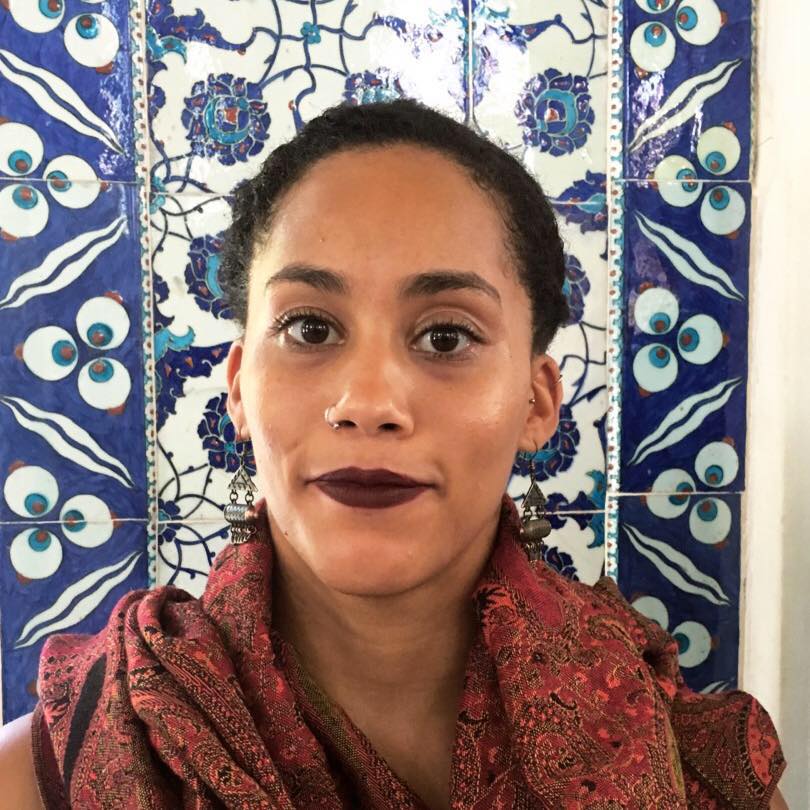The Curse of the Black Eggplant: Reconstructing Occult Economies in Late Ottoman Egypt
October 31, 2020 at 1:00 PM ET/ 7:00 PM EET
Taylor M. Moore; University of California Presidential Postdoctoral Fellow in the History Department at UC Santa Barbara
Info about Lecture:
Occult objects and services were a central part of the economic marketplace in late Ottoman Egypt. Sudanese magicians read palms and told fortunes in open markets. Charms, talismans, and ingredients for magical recipes were available for purchase at the local ‘attar. Anxious women bribed the gatekeepers of Khedival gardens handsomely to access the black eggplant—a natural amulet that cured (or inflicted) infertility in any who traversed its fertile patches. Yet, these are not the actors we generally cast in histories of capitalism and political economy in the Middle East.
In this talk, Moore uses the “amulet tale” of the black eggplant as a frame to reveal the occult economies that were a robust—if not integral—part of Egypt’s economic market in the late nineteenth and early twentieth centuries. She reconstructs these rich constellations of occult workers and occult objects by placing the women practitioners and their customers who consumed these objects at their center. First, she utilizes Julia Elyachar’s work on the “folkness” of the economy to show that the physical and the conceptual marketplace of the Egyptian economy was always occult in its nature. She then departs from scholarship on the male-dominated histories of Egyptian capitalism and political economy to demonstrate that women occult workers—largely working-class women, formerly enslaved Africans, and Upper Egyptian migrants—were a force in the physical marketplace
About Taylor M. Moore:
Taylor M. Moore is a University of California Presidential Postdoctoral Fellow in the History Department at UC Santa Barbara. Her research lies at the intersections of critical race studies, decolonial/postcolonial histories of science, and decolonial materiality studies. Her manuscript-in-preparation, Superstitious Women: Race, Magic, and Medicine in Egypt, uses modern Egyptian amulets as an archive to reconstruct the magical and vernacular medical life-worlds of peasant women healers, and their critical role developing medico-anthropological expertise in Egypt from 1880-1950. Taylor’s work is invested in illuminating the occult(ed) networks, economies, and actors whose bodies and labor are generally rendered invisible in Eurocentric histories of global science.
Registration will close 24 hours before the lecture starts. Registration does not include any future lectures in this series.
